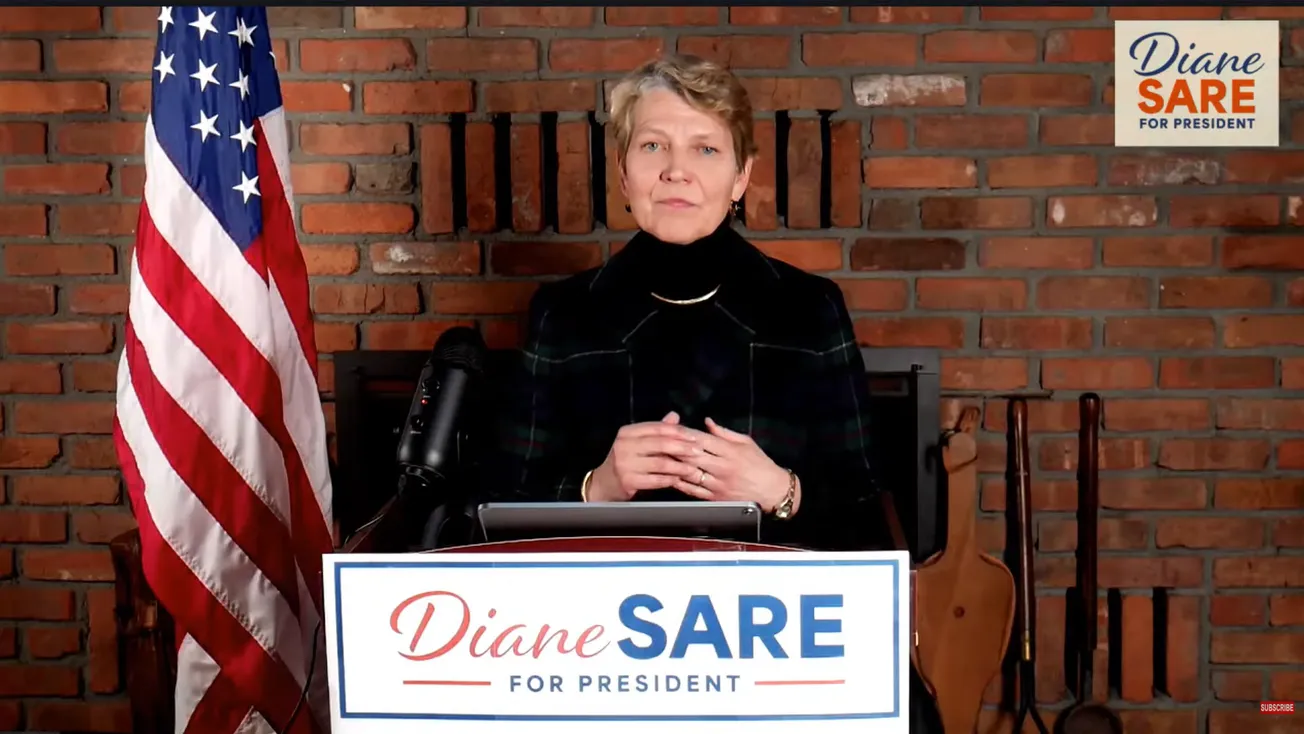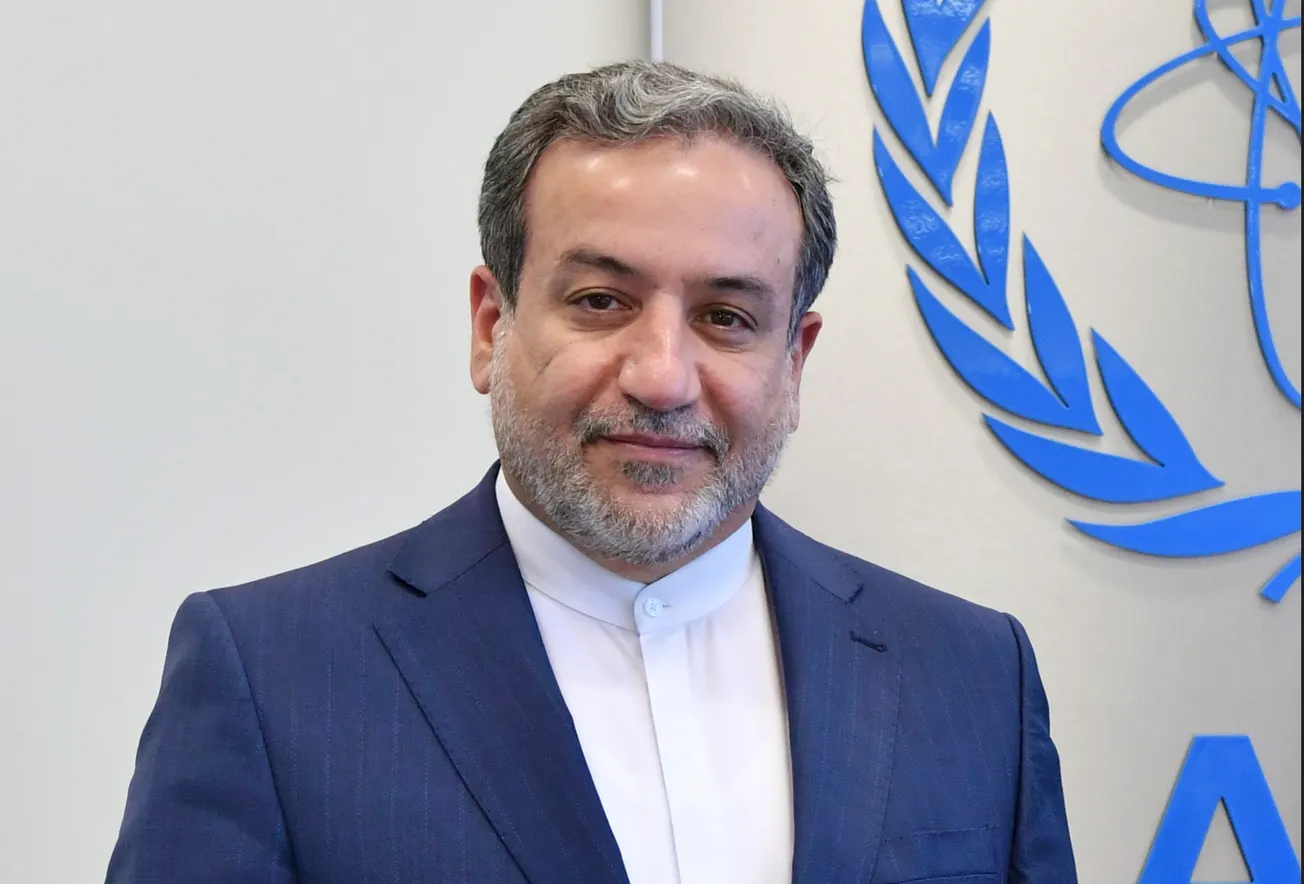China’s CGTN today published an article by Helga Zepp-LaRouche, “What Could U.S. Tariff Policy Lead To?” in which she described what an alternative should be to Donald Trump’s import tariffs.
Quoting from the White House statement on tariffs, Zepp-LaRouche wrote that it “lumps together very different cases. While China has lifted nearly 850 million of its own citizens out of poverty, eradicated absolute poverty, created a middle-income group of 400 million people with an enormous purchasing power, and beyond that, become the engine of development for the Global South, the situation for Germany is quite different.
“The introduction of the eurozone in 1999 was criticized heavily at the time because it integrated very differently developed economies into one currency zone, which was not an ‘optimal currency zone.’ When Gerhard Schröder implemented ‘Agenda 2010,’ a series of reforms, as the German chancellor in the early 2000s, it did suppress domestic wages, and in that way increased the competitiveness of the German economy relative to the less industrialized countries of the eurozone. It increased the weight of the German economy at the expense of the other European countries, since they could not devalue their currencies anymore.
“As a result, Germany became the ‘export world champion’ for a while, but many domestic investments, such as renewal of basic infrastructure, were neglected, and the buying power of the domestic market was relatively weakened. Naturally all of this was overshadowed by subsequent developments, such as the loss of access to cheap Russian gas, and the loss of the Russian market for geopolitical reasons. Theoretically, the Trump tariffs could be a wake-up call for Germany to put its own house in order.”
Globalization and outsourcing had a similar impact in the U.S., and Trump wants to reverse this, but instead of listening to his free-market ideologues, he should “return to sound physical economy principles: investment in scientific and technological progress, international space cooperation and innovation in general. That means the education systems of the U.S. and European nations have to be reorganized to serve this orientation, and incentives have to be given to train a highly skilled labor force for this purpose.”
The alternative to unilateral actions to destroy the old order “is a cooperative approach, where real development perspectives for Africa, Asia, the Americas and Europe are put on the agenda for joint ventures and cooperative investments in infrastructure, industry, agriculture, science, health and education systems, financed through productive credits.
“The trade imbalances will be removed by making the pie bigger, taking into account the different characteristics and levels of development of the individual economies in a fair division of labor. ‘Humanity first’ will lead to a win-win outcome for everyone.”






